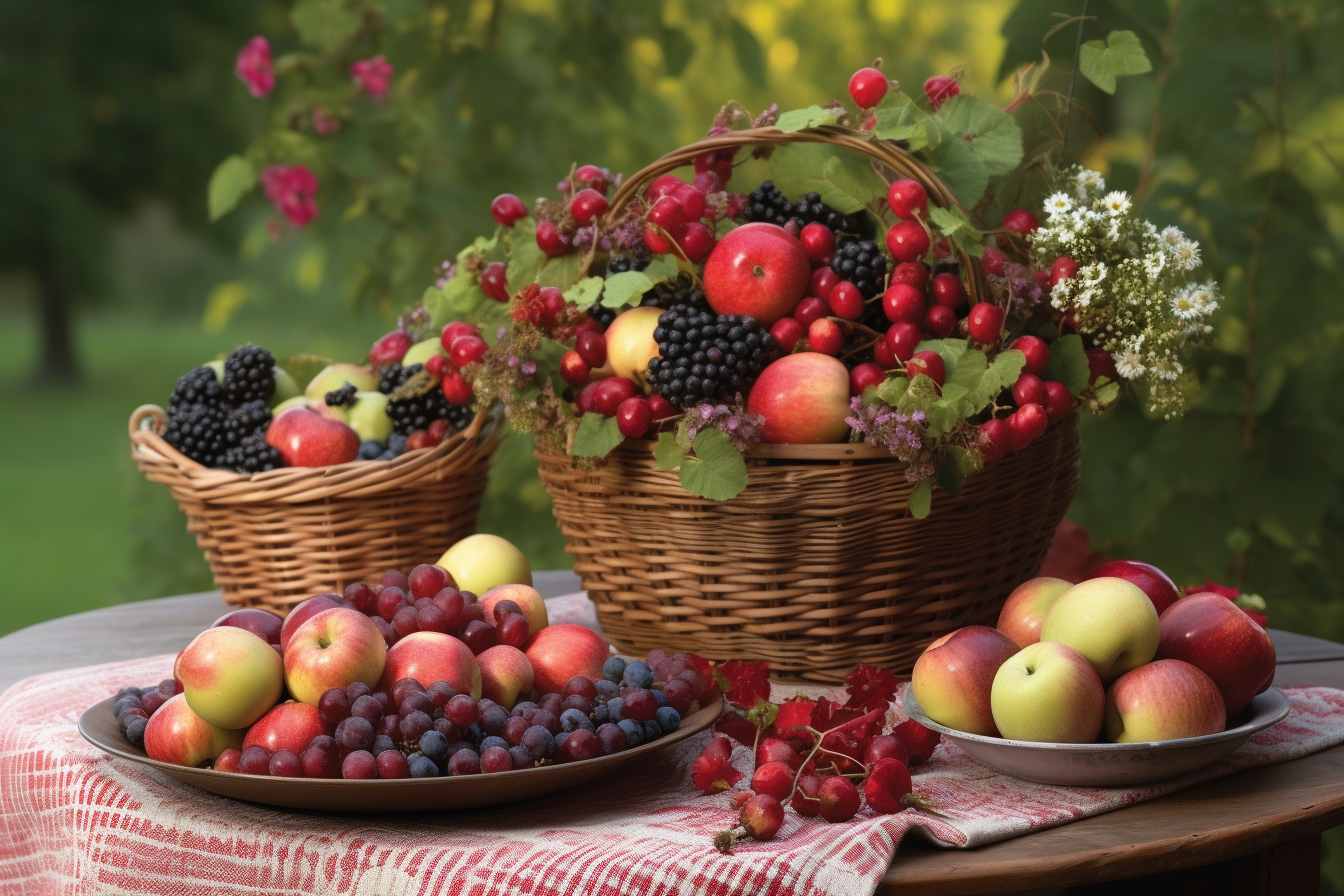Quercetin is a naturally occurring flavonoid found in various fruits, vegetables, and grains. Its powerful antioxidant properties make it a popular dietary supplement, but its health benefits extend far beyond that. In this article, we’ll explore the benefits of quercetin and the foods that contain it.
Benefits of Quercetin
One of the main benefits of quercetin is its antioxidant and anti-inflammatory properties. It is a potent scavenger of free radicals, which are unstable molecules that can damage cells and contribute to chronic diseases like cancer, heart disease, and Alzheimer’s. Quercetin has also been shown to inhibit the production of inflammatory cytokines, which play a role in many chronic diseases.
Another benefit of quercetin is its ability to support cardiovascular health. Studies have shown that quercetin can reduce blood pressure, improve cholesterol levels, and prevent the oxidation of LDL cholesterol, all of which are risk factors for heart disease. Quercetin has also been shown to reduce the risk of atherosclerosis, the hardening and narrowing of arteries, which can lead to heart attacks and strokes.
Quercetin may also have benefits for the immune system. It has been shown to increase the production of natural killer cells, which are white blood cells that help the body fight off viruses and cancer. Quercetin has also been shown to have antiviral properties, particularly against the influenza virus.
In addition to these health benefits, quercetin may also have benefits for athletes and active individuals. Studies have shown that quercetin can improve endurance and reduce fatigue, making it a popular supplement among athletes. Quercetin may also reduce inflammation and muscle damage caused by intense exercise, allowing for faster recovery and improved performance.
Dietary Sources of Quercetin
So, what are the dietary sources of quercetin? Quercetin is found in a wide variety of foods, including fruits, vegetables, grains, and beverages. Some of the best dietary sources of quercetin include:
- Apples: Apples are one of the richest sources of quercetin, particularly the skin of the apple. A medium-sized apple with the skin contains around 10-15mg of quercetin.
- Onions: Onions are another good source of quercetin. Red onions contain more quercetin than white onions, and the outer layers of the onion contain more quercetin than the inner layers.
- Berries: Berries like blueberries, raspberries, and cranberries are all good sources of quercetin. A cup of blueberries contains around 13-15mg of quercetin.
- Leafy greens: Leafy greens like kale, spinach, and broccoli are all good sources of quercetin. A cup of raw spinach contains around 4-5mg of quercetin.
- Black and green tea: Both black and green tea contain quercetin, with green tea containing slightly more. A cup of green tea contains around 5-10mg of quercetin.
While it’s possible to get quercetin from dietary sources alone, many people choose to take quercetin supplements to ensure they are getting enough of this powerful antioxidant. Quercetin supplements are available in capsule, tablet, and powder form, and can be found at most health food stores and online retailers.
However, it’s important to note that like all dietary supplements, quercetin supplements are not regulated by the FDA and may interact with certain medications. As with any dietary supplement, it’s important to talk to your doctor before taking quercetin to ensure it’s safe for you.
In conclusion, quercetin is a potent antioxidant with numerous health benefits. Its ability to reduce inflammation, improve heart health, and potentially fight cancer makes it a valuable addition to any diet. While it is found in many foods, such as onions, berries, and apples, supplementation may be necessary to achieve therapeutic doses. However, it is important to consult a healthcare professional before beginning any supplementation regimen. Overall, incorporating quercetin-rich foods into your diet is a simple and effective way to support your overall health and well-being.
